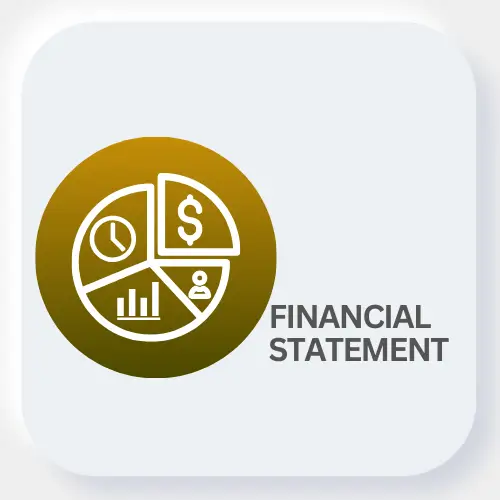
.webp)
































So you’ve just wrapped up BCom-or maybe you’re still hustling through it-and you’ve set your sights on
Investment Banking. You’re not alone. The glamour of billion-dollar deals, crisp suits, and high-paying
roles has many students asking the same question:
How to get into investment banking after BCom?
Short answer: Yes.
Long answer: Yes, but you need to play it smart.
In this guide, we’ll walk through exactly how to get into investment
banking after BCom, without fancy
degrees or expensive MBAs-just hustle, strategy, and skill.
You don’t need to be from IIM or Ivy League to land your first IB role. With the right mix of skills,
mindset, and smart choices, getting into investment banking after BCom is absolutely possible.
While BCom doesn’t give you a direct ticket, it builds your foundation in accounting, finance, and
business analysis-skills investment bankers use every day.
First, stop confusing it with stock trading. Investment Banking is all about:
You’ll be deep in Excel, PowerPoint, and due diligence. It’s not just finance—it’s finance with adrenaline.
This is non-negotiable. Most freshers think marks matter more than models—they’re wrong.
If your BCom curriculum was weak in finance, boost your chances with:
Yes, if you have internships, models, or boutique firm experience. CFA helps, but it's not mandatory.
1–2 years if you build strong finance skills and network well.
₹6–10 LPA in boutique firms; more if you lateral in from Big 4 or have CFA L1.
Not for entry. But an MBA (IIM, ISB) helps transition from Analyst → Associate → VP.
Here’s the bottom line—your college name doesn’t define your career.
To crack investment banking after BCom, you need:
The salary in investment banking after BCom may not match IIM grads initially, but the exposure and experience you gain? Priceless.
So if you’re serious about how to get into investment banking after BCom, start today.
Not
tomorrow.
Not after MBA.
Today.